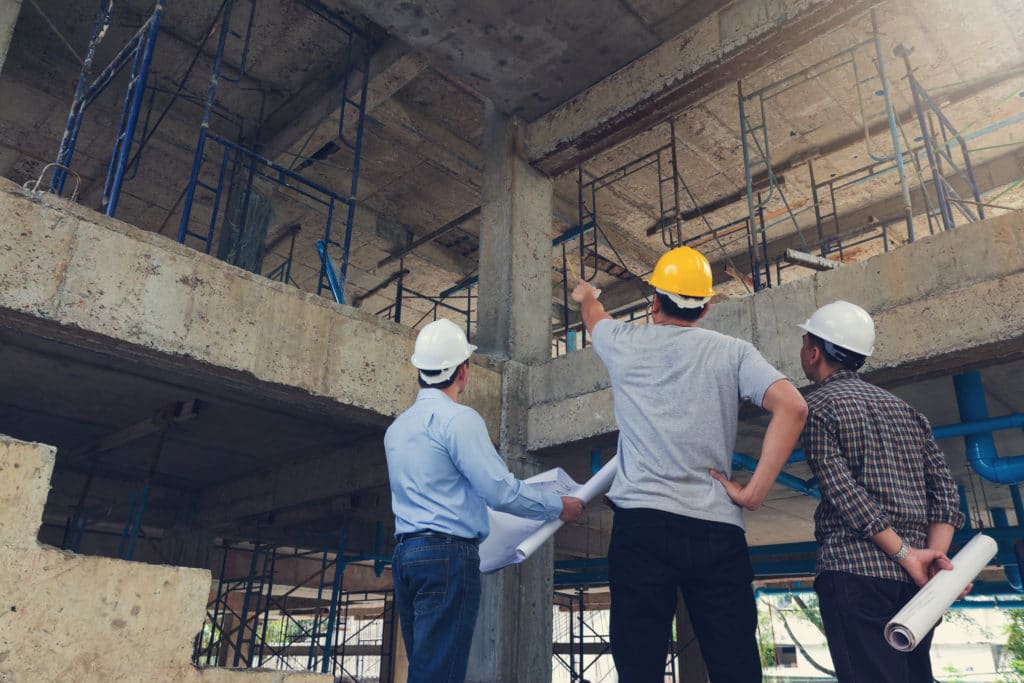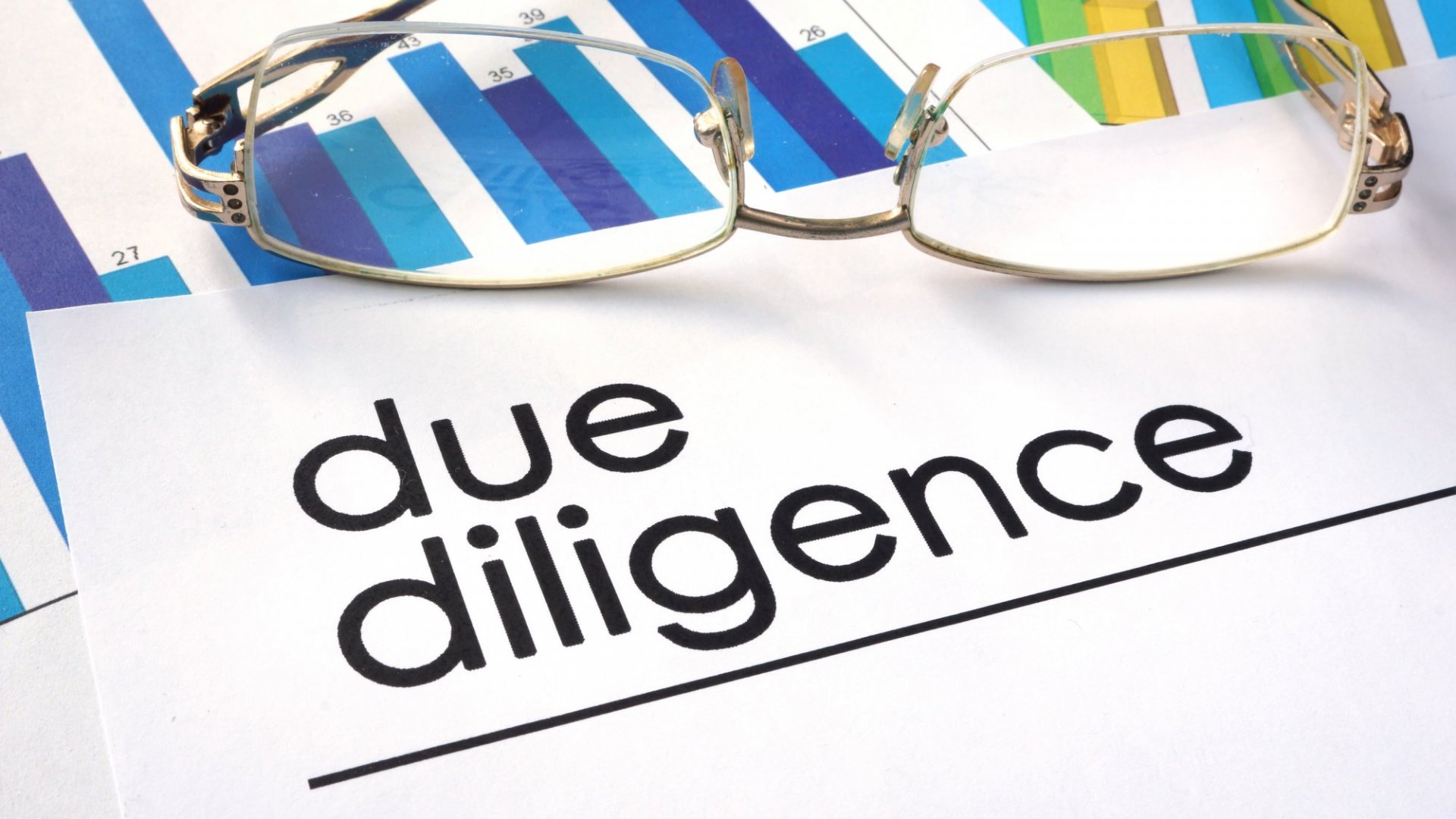Does the thought of doing development due diligence intimidate you? Find out how to make the task easier and more straightforward.
If you think about it, you can never find a development project that has zero risks. But it’s no secret that some will have better chances at turning a profit than others.
So, why is it that some property developers always manage to stay ahead of the competition?
It’s all about knowing how to minimise risks.
The biggest differentiator between successful and doomed projects is development due diligence. This is one of the most important tasks in any real estate project. Ultimately, it’s what allows many developers to not only reduce risks but also increase their profit margins.
Granted, development due diligence is not always straightforward. There are always multiple steps involved and a big checklist to go through.
Like with any real estate planning rules, taking shortcuts is never the right answer. But following a few simple guidelines can help you stay on track.
The five tips below will help guide you through the process and get you that much closer to becoming a master of due diligence.
Five Tips for Successful Development Due Diligence
Tip #1 – Be Thorough with Legal Requirements
Development due diligence is more than just weighing the risks involved. It’s also a process that aims to ensure that you can satisfy all legal requirements for building on a specific parcel of land.
In light of that, it’s critical to put in extra effort when surveying land.
A typical survey often fulfils a series of legal requirements, but those requirements may differ from one plot and zone to another.
For the most part, the legal aspects of development have to do with land ownership. So it’s also important to make enquiries with local authorities in this regard.
When you do your due diligence, you have to find out if there is any statutory authority or government interest in the land. Future development plans in or around your site may affect your ability to go through with your dream project.
Tip #2 – Make Sure That the Title Is Clear
Never start a project if the property or land has a murky title. Take extra time and thoroughly review all the documents. Seek assistance from a legal aid, like a real estate attorney, if you don’t have the experience or the knowledge to handle this work.
Rather than any clouds on the title, you want clear and verifiable documentation of the proof of ownership. This helps avoid legal issues further down the line.
There’s another reason why you want to do this: It always comes down to the buyer or developer to verify and confirm title ownership. Local agencies and government bodies only fact check your findings and it’s always you who are tasked with doing the leg work.
The more thorough your investigation, the fewer chances you have of running into costly revisions that could slow or halt your project.

Tip #3 – Assess the Site’s Infrastructure
Some developers often overlook the importance of the infrastructure when doing due diligence. But it’s one of the key factors in determining the appeal and profitability of a project.
The surrounding infrastructure is also important in cost estimation.
Almost everyone wants easy access to freeways, train stations, bus lines, and so on. So you have to look at whether there are public transportation methods nearby and evaluate any existing private access roads. Are there any or do you have to build them too?
Also, do you have to do any maintenance? Assess the existing infrastructure but don’t forget to investigate future infrastructure plans, too. This can help you to minimise risk and improve profit outlook.
Tip #4 – Be Wary of Site Constraints
Always include site constraints like topography and drainage in your development due diligence.
Get a thorough report if you want to build in a flood or bushfire area, as these unique sites can bring with them a variety of developmental constraints.
You can get past reports from property sellers, but it’s also a good idea to check with the local authorities for any environmental reports.
Perform your own soil and geology reports, and investigate any issues with land stability, slopes, and even vegetation that you may have to remove.
The more you learn about the site, the better you can plan your contingencies.
Tip #5 – Leverage Modern Technologies
Last but not least, avoid wasting time if you want to maximise your profits.
The hard part with any new project is sometimes finding the right site. Due diligence takes time, and it’s time wasted if you pick the wrong location from the start.
Leverage modern technologies that can do the work many times faster than you.
Today’s developers have access to modern technologies that can make development due diligence easier. Platforms such as Archistar for Property Developers can streamline your development due diligence process.
Archistar uses AI technology to solve multiple problems simultaneously. Within a single platform, you can find profitable development sites and access existing reports. You can also quickly determine the feasibility of a project and even generate a quick mockup of a building.
It also helps you understand the local context and solve many of your planning details.
Smaller developers can benefit a lot more, as they can even access infrastructure, zoning, and risk information. All without having to pay extra consultants or rush from one government body to another.
Doing Your Due Diligence Is Easier Than Ever
You can’t become a successful property developer if you don’t get your development due diligence right.
A comprehensive report can save you a lot of money and minimise the risk of mid-project revisions or legal issues. Fortunately, you don’t have to spend too much money on it.
You can do the bulk of the work with the help of specialised technology aimed at property developers and investors.
Get started for free: [https://test.archistar.ai/] and discover how you can leverage the over 100,000 hours of research that went into it. Download detailed due diligence reports and filter development sites and existing properties based on your strictest requirements.
Work smarter, not harder, to find the best sites for your future projects and perform your due diligence before ploughing ahead.

